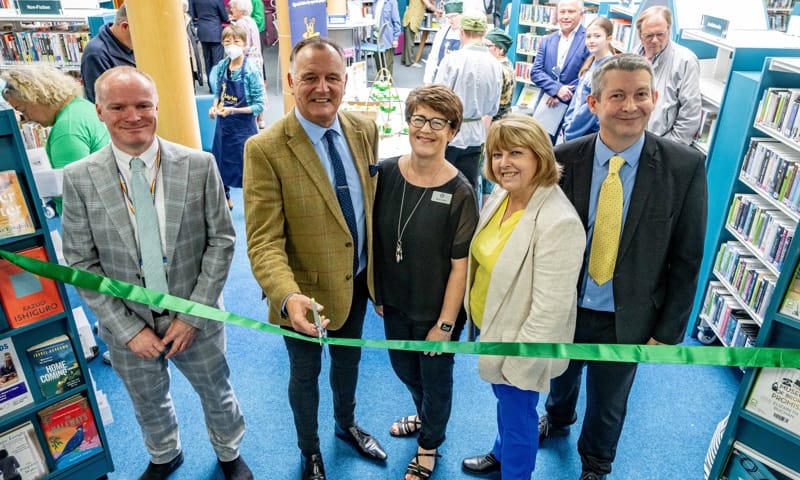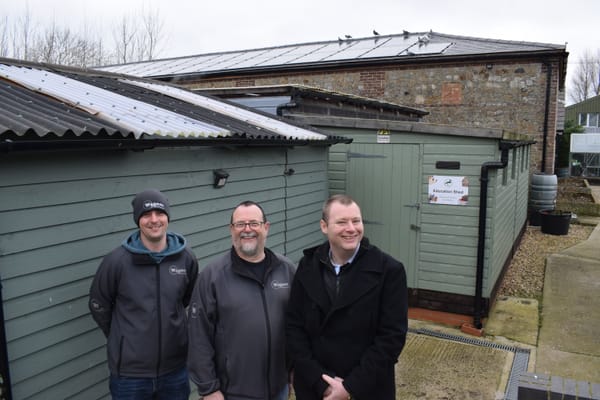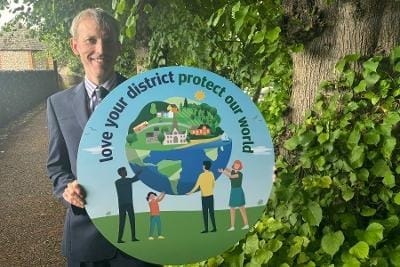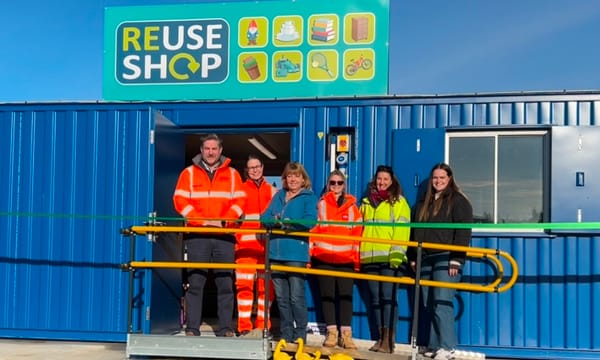County council sets out plans to reduce emissions and increase climate resilience

Decarbonising council buildings, installing more electric vehicle charge points and a focus on nature recovery are all part of West Sussex County Council's plan to become carbon neutral by 2030.
The first phase of the ambitious six-year plan has been set out by the council in its Climate Action and Adaptation Plan for 2024–2027, which identifies 20 priority actions to be taken across the county.
A big focus of the plan is on decarbonising county council buildings, which is where much of the council's direct emissions come from. The authority plans to reduce the use of fossil fuels for power and heat in favour of renewable energy, as well as implementing energy efficiency measures in its most fossil-fuel-reliant buildings. It has already made the switch in seven libraries, six fire stations and a day centre, with gas boilers replaced with air source heat pumps and solar panels installed, as well as new windows and improved insulation.
Installing electric vehicle charge points at key depots and switching county council vehicles to electric models is another key focus, as well as working in partnership with service providers to introduce a fleet of hydrogen-powered buses.
There's a pledge to support the clean energy transition with solar panel group purchasing schemes to help residents access affordable solar energy.
And it plans to work with schools to help them address their most pressing sustainability challenges, as well as working to produce the West Sussex Local Nature Recovery Strategy with other organisations working in this space.
Cllr Deborah Urquhart, Cabinet Member for Environment and Climate Change, said: “Protecting the environment underpins everything we do and all the priorities in Our Council Plan. Through this plan and our Climate Change Strategy we have made a commitment to be carbon neutral and climate resilient in the county council’s own operations by 2030.
“We have already made significant progress, we’ve helped to install 2,500 solar systems in people’s homes, and generated almost 17 million kWh of renewable energy last year from our solar farms and solar panels installed on our buildings.
“Climate change is one of the biggest challenges we will ever face so it’s important we do all we can to protect our environment. The significant changes we are now seeing in our climate are not only presenting difficulties for our communities, but also the work we do as a council to support them. It’s vital that we take steps now to address our carbon emissions and ensure we are ready to cope with the impacts of our changing climate.”
Read the Climate Action and Adaptation Plan, find out more about how the county council is tackling climate change, and what you can do to help by visiting www.westsussex.gov.uk/ClimateAction



